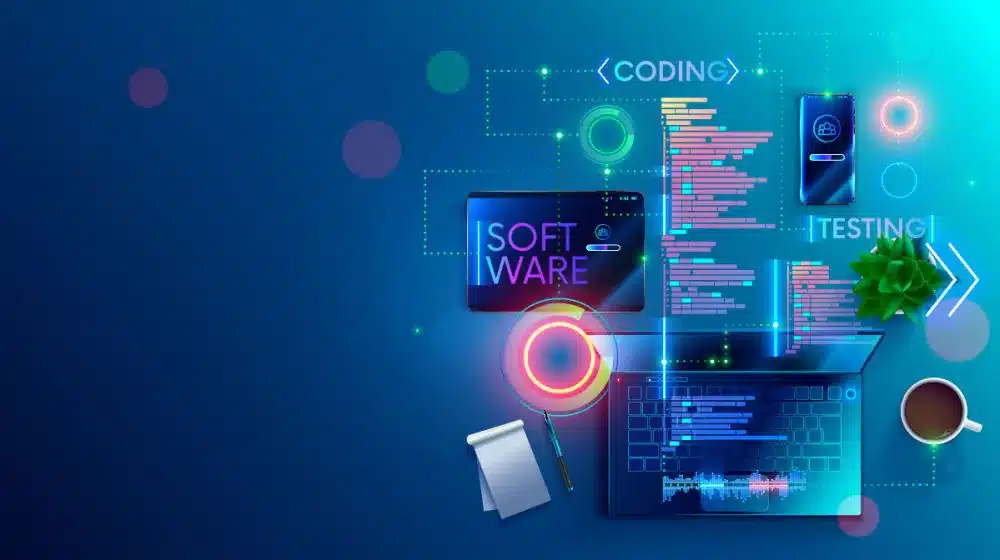Table of Contents
Every manufacturing business needs to deal with a large swath of logistics components like sourcing the right materials, figuring out pricing, shipping and equipment acquisitions, while also being mindful of human resources, production timelines and productivity. With ideal circumstances being rare, an efficient and successful business requires painstaking planning, with cost effectiveness and uptime being of the essence.
All of the above could be made more streamlined with the use of an appropriate management platform. Keeping track of costs, production timelines and inventories is germane to any nascent business, while existing ventures would benefit from better operation awareness, CRM and transparency. A good ERP software solution should include everything.
In this piece, we’re going to highlight a series of things you need to be mindful of when selecting the product you’ll use to help efficiently run a manufacturing business.
Bringing Inventories to Light
A manufacturing business should be aware of key elements of production like its essential materials, production schedule and output, but there are sides of a business that tend to fall off the radar. A comprehensive ERP solution will tie together various elements of the business, including your maintenance, repair and operation, or MRO, inventory.
Keeping tabs on this side of your production could help you drastically reduce costs by improving uptime, reducing storage requirements for non-production inventory and better planning if you have an existing business. If you’re just starting out, then having all components brought together in a transparent dashboard can provide better planning for when and at what cost your product will hit the market.
Katana offers a fully integrated ERP solution that provides access to various inventories, shipping timelines, payments and costs. Its system also provides custom-built integrations with a large swath of third-party software, that allows a business to manage several systems at a time, thereby providing efficiency and streamlined production oversight.
Essentially, create an omnichannel view of all processes and workflows, where you can manage all business-to-business and e-commerce needs.
Integration with Third-Party Software
Programs that facilitate the management of your business should be stable enough to handle extensive processes that go into keeping track of various workflows, but are nimble enough to accommodate new projects. The right solution should provide integration with other large platforms that can provide stability and name recognition, especially in areas such as payment processing, work orders, accounting, CRM and reporting.
Make sure that your workflows and third party apps are built in when you select the right software solutions, or select a platform that can provide enough agility to accommodate new processes.
In this case, the availability of an application programming interface, or API. An API ensures that even apps and products that don’t have already built-in integrations can be fed into your data feed, providing constant links between processes and that aforementioned transparency across workflows.
Ease of Use and Simplicity
This one might seem obvious, but most programs or systems will talk about their ease of use or learnability. The goal is to focus on certain important points, in order to make sure that you can focus on what is important: actually managing production and meeting your manufacturing goals.
A good software solution will be easy to learn and implement, with a detailed procedure and simple tracking. A great software solution is efficient and usable out the gate, with predictive flows and quick applicable results.
Items like integrations, flexibility and transparency of various processes are all things we’ve mentioned in this piece Coincidentally, they work together to create the full package, but need to be wrapped into a simple and effective dashboard that you can access out of the box to provide value to your business. Your next software solution should do that instantly.
Conclusions
A modern manufacturing business needs to be mindful of changing economic landscapes while providing predictable production workflows and consistent customer relationships. Costs, process monitoring and the way your business interacts with vendors and service providers are all paramount to a nimble and effective venture.
While no software will do everything for you while you focus on profits, the right enterprise resource planning software will facilitate all of the above. Look for the right package of integrations, diverse management options and ease of use, and see your business become more efficient, transparent and able to thrive regardless of changing factors.





